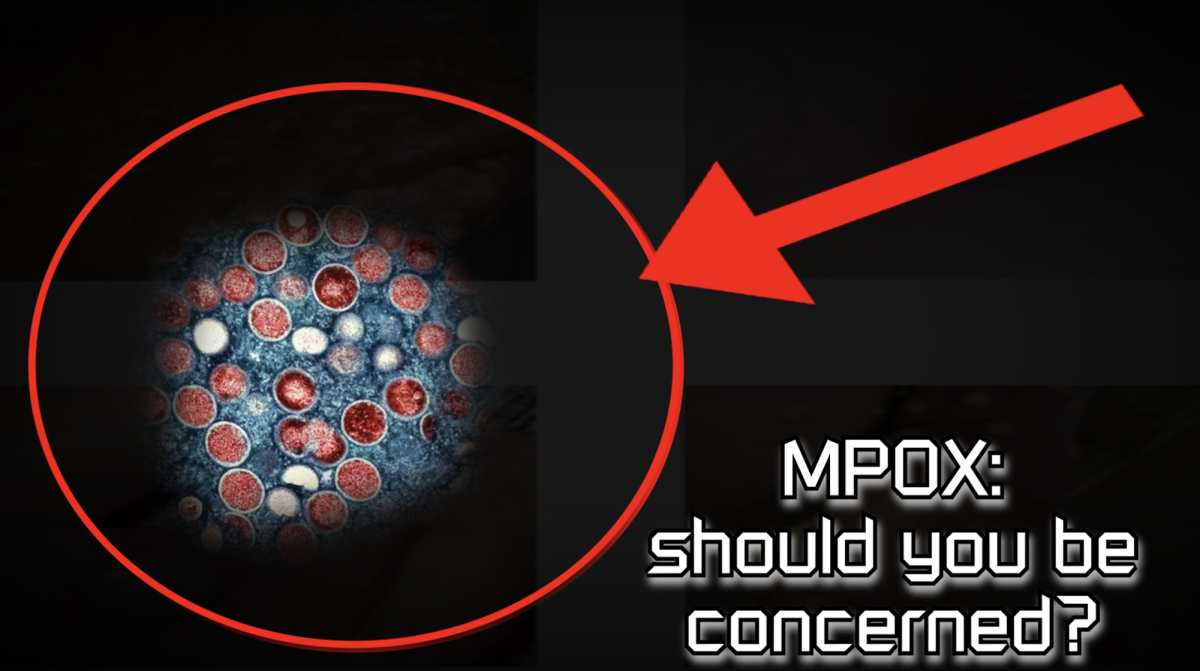Suppose you have been on any social media platform within the past few months. In that case, you may remember viewing some posts warning you about a mysterious new virus named Monkeypox, with symptoms including fever, headaches, muscle aches, chill, and–hey! I remember this! It sounds like this mysterious new disease is just a repeat of COVID-19. However, that could not be further from the truth.
Monkeypox, MPOX for short, was first discovered in 1970 in The Democratic Republic of the Congo. It then resurfaced in 2022 and again in 2024. Its symptoms aren’t limited to fevers, headaches, and chills, but also swollen rashes that appear all over your face, hands, feet, and mouth. Originally thought to be harmless, it was soon discovered that over 200 patients with MPOX have died from this disease and over 100,000 confirmed cases all across the globe, with the majority in Africa and some in the Philippines. States such as New Jersey, New Mexico, and New York have thousands of confirmed cases from border to border. There are even some in California right now! However, how concerned should you be?
Most likely, you have wondered if you should be concerned since sources from the CDC, the United Nations, and Lancaster General Health claim all sorts of different opinions and perspectives. The CDC and the United Nations claim that MPOX can be fatal. Still, Lancaster General Health believes otherwise, stating, “While in the same virus family as smallpox, monkeypox has milder symptoms and is rarely fatal.” In a poll with seventy-five confirmed voters, 81% voted in favor of MPOX being dangerous, against 19% negative. However, in-person interviews may say otherwise. In an interview with Leo Quiroz, a student residing in an affected state, claims, “Monkeypox isn’t that dangerous so to speak, if it were to be life threatening to everyone it would have to be bigger than at least 2% chance to actually kill you, and it’s not even a full percent chance.” Additionally, the World Health Organization (WHO) estimates only a 3.5% fatality rate from contracting MPOX. Even if the symptoms sound bad, the CDC assures that “…people with MPOX recover fully within 2 to 4 weeks without the need for special medicines…” which means a simple quarantine would suffice, just like COVID-19.
It’s unclear what the current standpoint on MPOX is due to the relatively new emergence of the virus, but it’s safe to say that you should still be mindful of what you do when you go outside and interact with the world. Keep your hands away from your face, wash your hands, and abide by hygiene norms that you would if you were sick. If you feel ill, stay home! None of us want a repeat of COVID-19.










